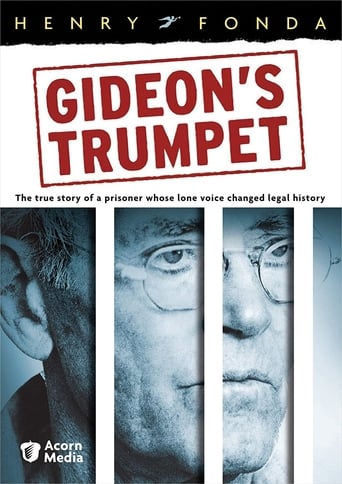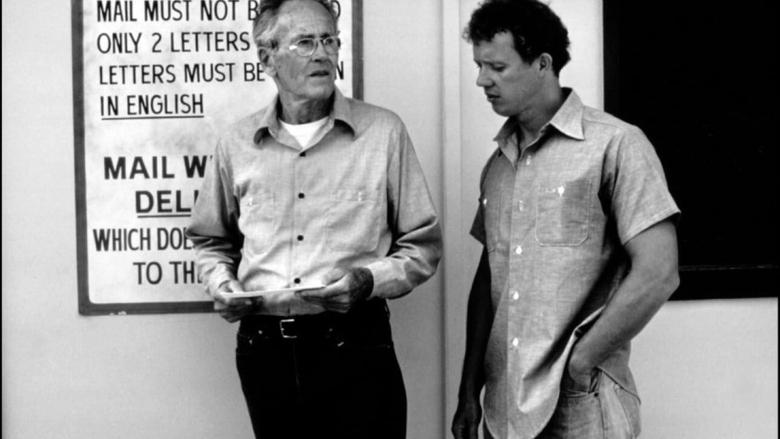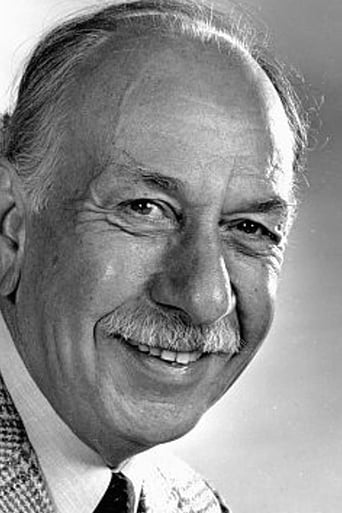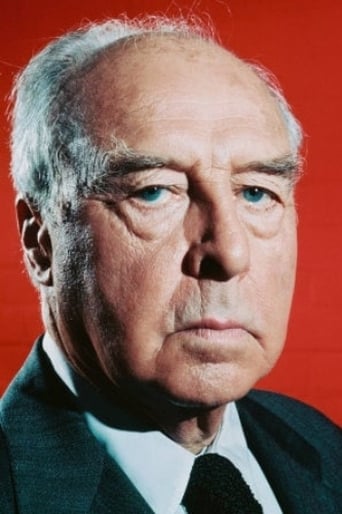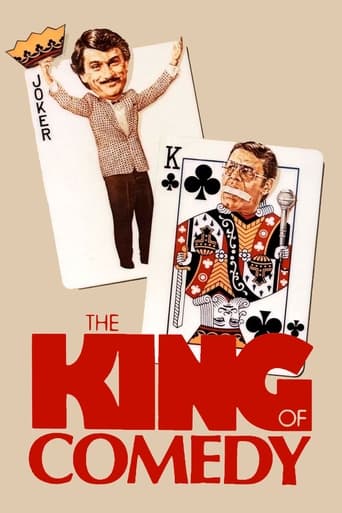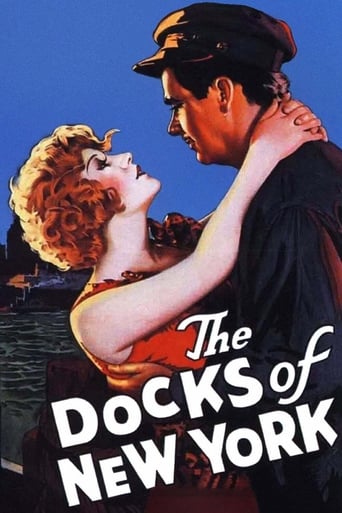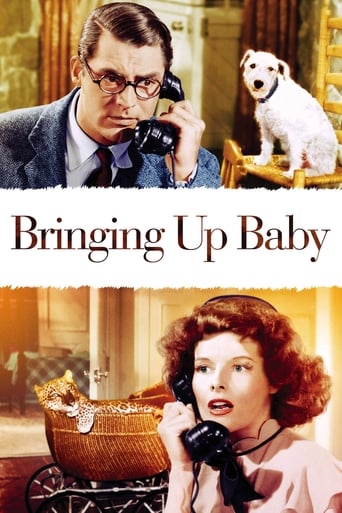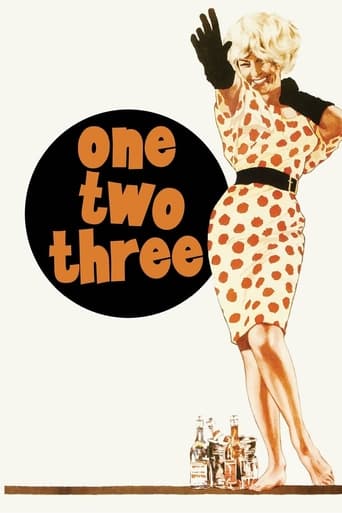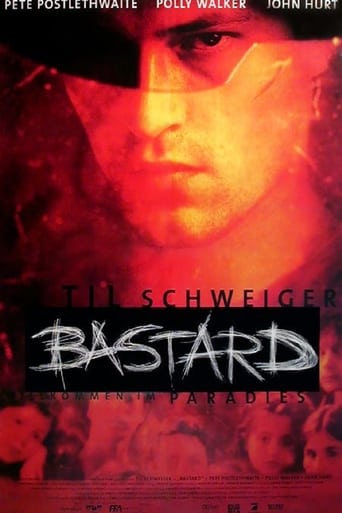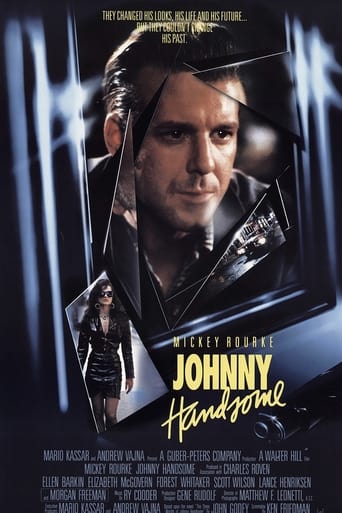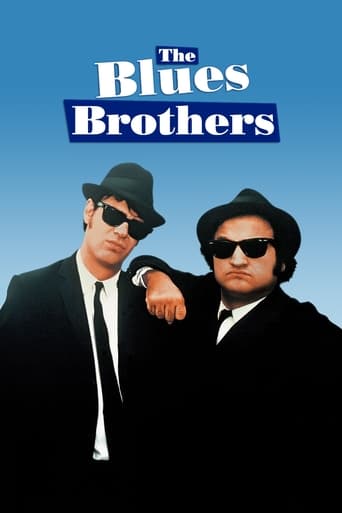Gideon's Trumpet (1980)
True story of Clarence Gideon's fight to be appointed counsel at the expense of the state. This landmark case led to the Supreme Court's decision which extended this right to all criminal defendants.
Watch Trailer
Cast
Similar titles
Reviews
I love this movie so much
Absolutely the worst movie.
Fanciful, disturbing, and wildly original, it announces the arrival of a fresh, bold voice in American cinema.
A story that's too fascinating to pass by...
It's the power of Henry Fonda's performance that turns Gideon's Trumpet, the true story of how the right to counsel for all criminal suspects was guaranteed by the United States Supreme Court, into something a bit more than a cheapjack made-for-TV movie. Fonda has enough sense to make Clarence Gideon something less than a hero. Gideon is an intelligent ne'er-do-well, and the viewer grows to dislike him despite his importance in our judicial history. We want him to win, but we certainly don't want him in our house.I don't know if columnist Anthony Lewis' book of the same name has Gideon as, well, as ucky as in the movie, but Fonda, toward the end of his life, seemed unhappy and defeated, and it made his portrayal of Clarence Earl Gideon totally acceptable and believable.The rest of Gideon's Trumpet is ordinary for TV, thrown-together and dumbed-down. John Houseman's misplaced weight behind the production--and his awful miscasting of himself as Earl Warren-- leave the movie feeling washed out and ready for a high school civics class.Except for Fonda, and Mel Ferrer's portrayal as Abe Fortas, we never really buy into the movie. Like the justices themselves, we are nothing much more than intellectual observers.A shame.
I consider myself well-educated but had never heard of this story until now. I had no idea that the right to have an attorney even if you cannot afford one was established so recently in 1963. I had heard of the attorney Abe Fortas, but didn't know his role in this story. The name that should be more well-known is Clarence Gideon, the man to thank for pursuing his right to a court-appointed attorney. The film simplifies the events that took place over more than two years, but it really holds your attention and shows the injustice of trials where the defendant could not afford an attorney and was often convicted without proper pursuit of the truth.
Unfortunately, many will miss knowing about this if they just check on the actor's filmography on this site. It is not explicitly listed. You will have to look for it under Hallmark Hall of Fame.It is one of Fonda's finest performances reminiscing and rivaling his portrayal of an innocent accused in The Wrong Man. Here, at age 75 he portrays Clarence Gideon who was actually only 53 at the time of the trial in 1963. Obviously, not in health when this was filmed, Henry Fonda's age and frailty adds authenticity and pathos to the character's situation.It is a landmark movie (for TV) that celebrates a landmark Supreme Court decision that added protection to the rights of the accused by ensuring that they are provided proper legal counsel.
Watching this flick I kept mulling over how many actors had played lawyers in other movies. Let's see. Lane Smith, of course, in "My Cousin Vinnie" (and "Nixon," I guess), John Houseman in "The Paper Trail," Dean Jagger in "Twelve O'Clock High," Jose Ferrer in "The Caine Mutiny" and "Blood and Orchids," and probably others that I've missed. I kept waiting for E. G. Marshall and John Williams to pop up. Henry Fonda, certainly, brought resonance to his role as well. He was the unjustly convicted Manny Balistrero in "The Wrong Man." And he, too, was a lawyer in "Young Mr. Lincoln." This is pretty well done, both technically and thematically. It's an important story and is refreshingly free of stereotypes. The Florida court that convicts Fonda of burglary is a just one and operates under the law, as it then existed. And Fonda is no rabble rousing spokesman for the little man either. He's been in prison 5 times before, for crimes such as burglary and "possession of government property." (I'd like to hear more about that.) He's not doing this so that "all men will be free" or any of that bunkum. He's doing it because he's angry at having been denied a lawyer simply because he couldn't afford one.As he labors over the law books in the prison library, he shows concern only over the fate of one other inmate, a black guy. This is one of those instances in which the story looks a little corny. Here, and where the writers give Clarence Earl Gideon the charisma of Cool Hand Luke with the other prisoners, an increasing number of them, following him back and forth to the mailbox and the warden's office and cheering loudly when the Supreme Court agrees to his request. (I don't believe they cheered for another man's success; I don't believe the writers ever met an inmate or saw the inside of a penitentiary.) The production had a bit of a problem with the focus puller too. But, that aside, this is really pretty instructive. The Supreme Court evidently agreed to review his case not because they felt sorry for him but because they felt ready for a change in the existing rules about due process. Gideon was the right man in the right place. Luck had a lot to do with his success. Equally interesting is Fonda's performance. He was never a ham and was always minimally expressive. It works here because Gideon is played as a grouchy, angry, taciturn loner who minds his own business. A lesser script would have made him bombastic and articulate but this Gideon stumbles over words while reading aloud. The scene in which Fonda chokes up when he receives the news from Abe Fortas about the Court agreeing to review his case is as moving as it is because Fonda underplays it. Dare I suggest that in this film, playing a skinny, tattooed, unfriendly convict, he does a better job than he did in his convict's role in Hitchcock's movie? Or even that this is one of his best performances, period? The photography and locations are pretty good too. The stale, almost empty courtroom during Fonda's trial, the silence and boredom of all involved, rather match the almost sensible heat of the Florida summer and the interiors baking under the sun. Lane Smith, as Fonda's counselor in his retrial, is simply great -- sneaky and dark, almost villainous in the glee with which he attacks the prosecution's witnesses and frees Fonda. What a contrast to his performance as the affable prosecutor in "My Cousin Vinnie." Hallmark Productions are often soporific or -- let me say -- family oriented, but this one makes a few demands on a viewer, all for the good. Watch it if you have the chance. It doesn't seem to be on very often.
